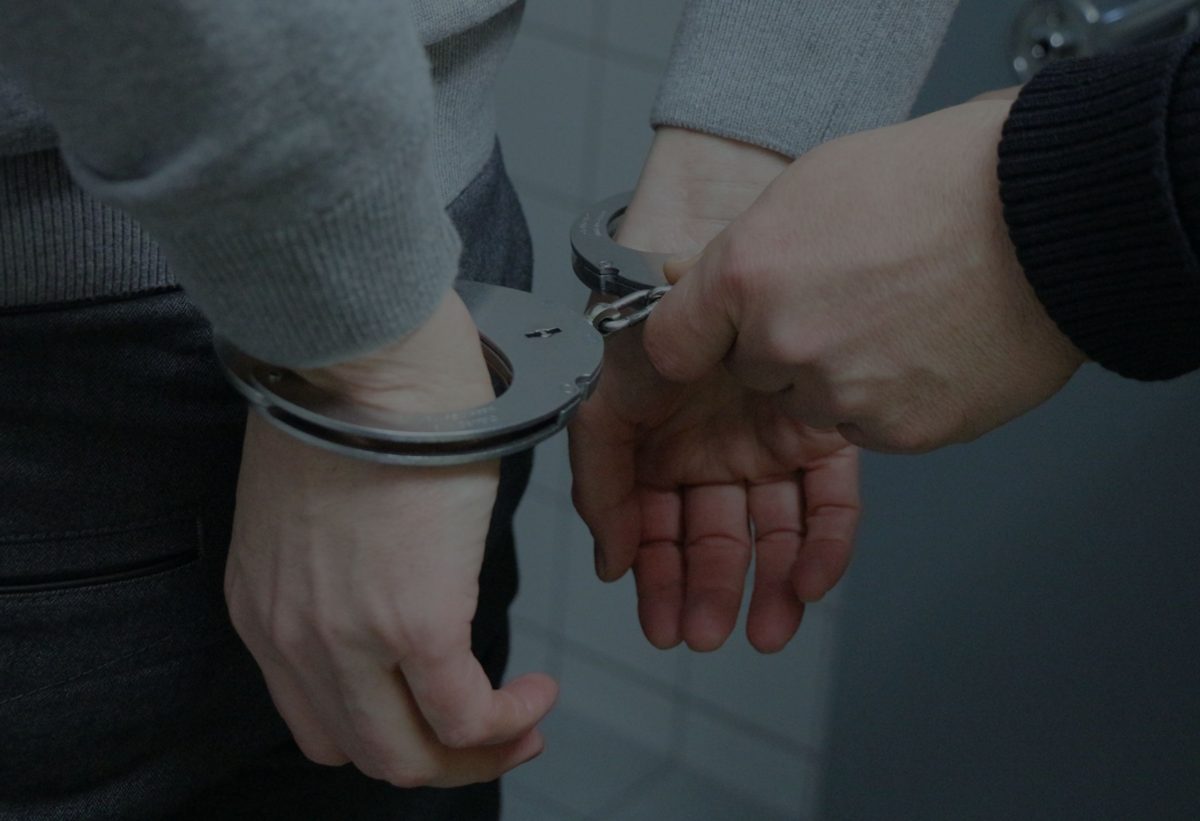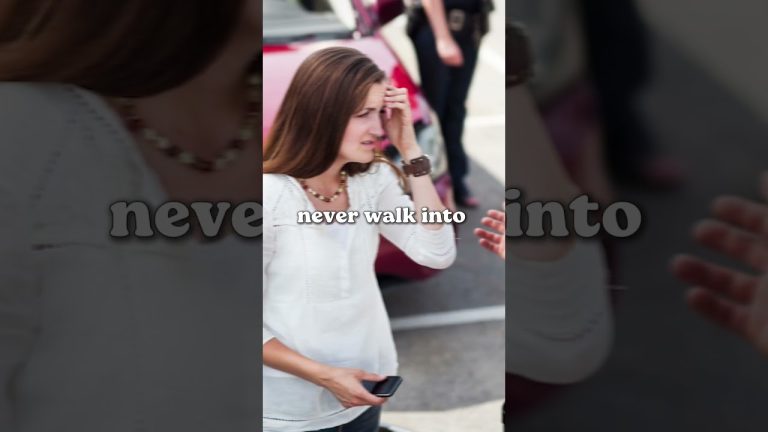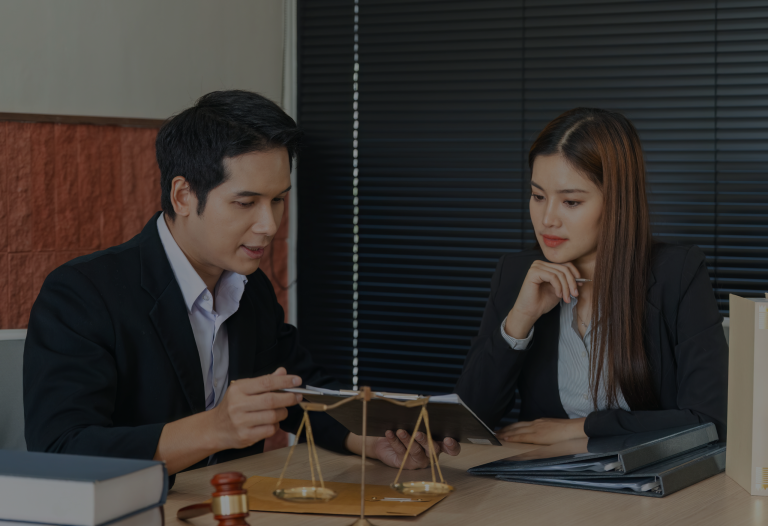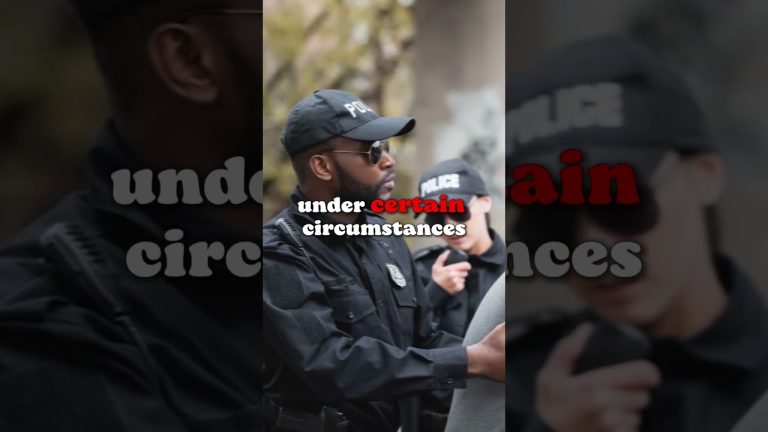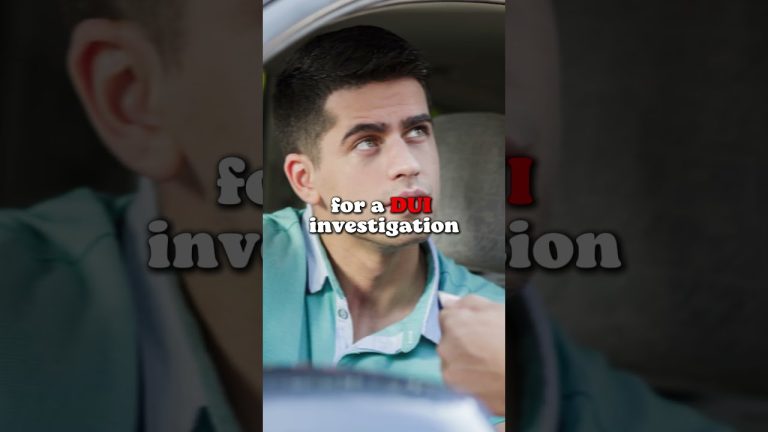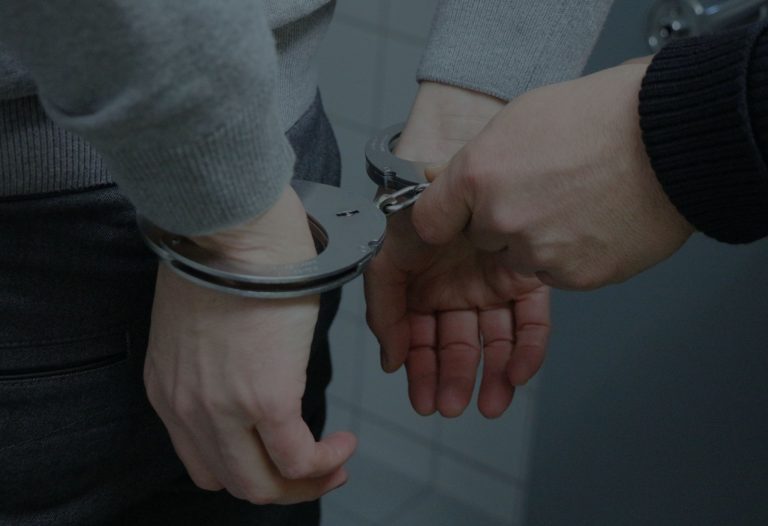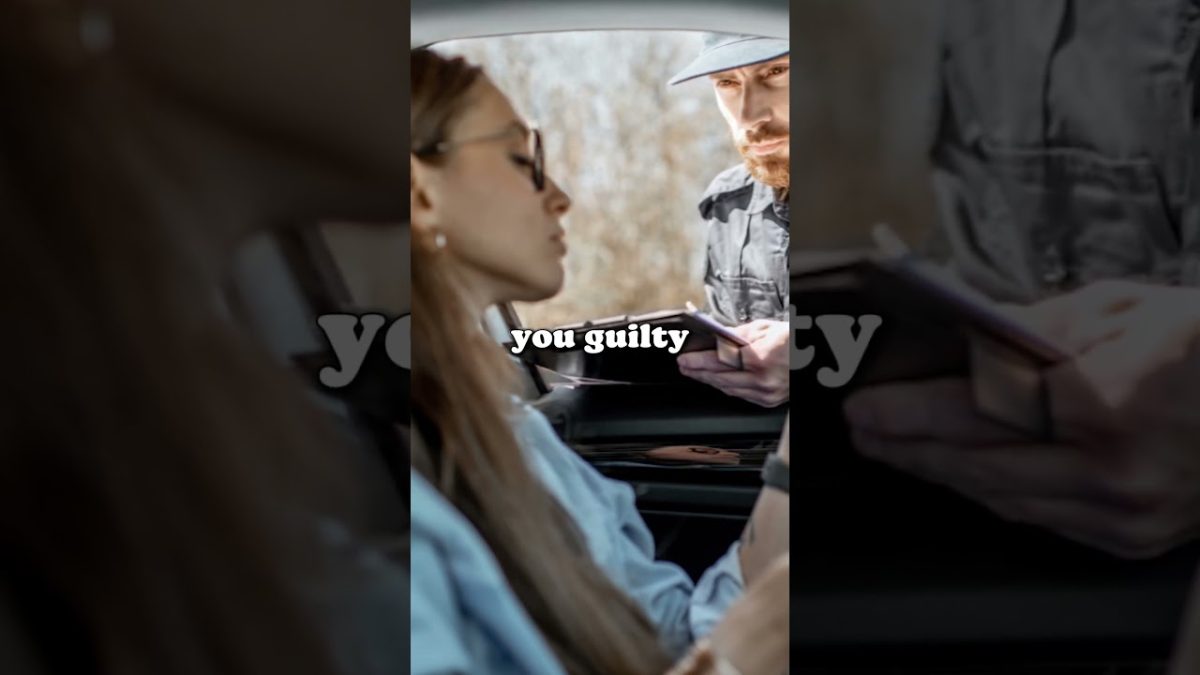Blog
Can You Be Charged for a Crime You Didn’t Commit?
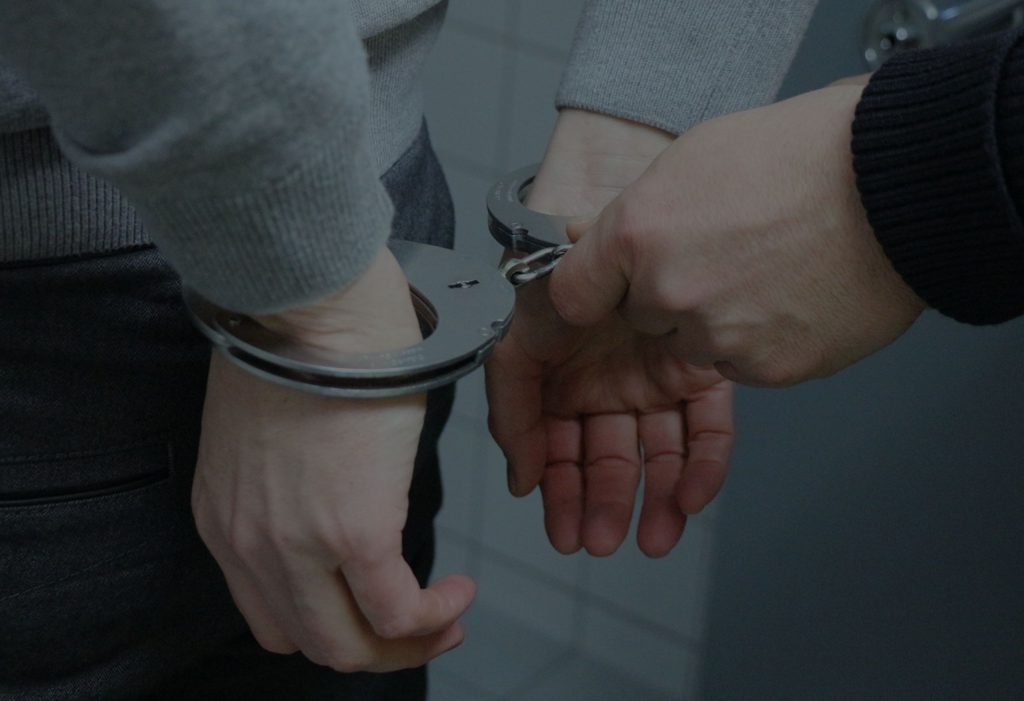
Many people believe that only guilty people get charged with crimes. But that’s not always true. Sometimes, innocent people get blamed for things they didn’t do. It can happen for many reasons such as a mistake, a lie, or even confusion during an investigation.
Let’s understand how and why this happens, what it means to be “charged,” and what steps you can take if it ever happens to you.
What Does “Being Charged” Mean?
In simple words, when someone is charged with a crime, it means the government believes that person broke the law.
A police officer or investigator collects proof, such as fingerprints, photos, or statements. Then a prosecutor (a lawyer who works for the government) decides whether there is enough evidence to file charges in court.
Once charges are filed, the person is called a defendant. The court will then set a date for the person to appear before a judge. This is when the legal process officially begins.
Being charged doesn’t mean someone is guilty. It only means they are accused. The law says every person is innocent until proven guilty.
Can Innocent People Really Be Charged?
Yes. Sadly, it can happen. The law tries to protect everyone, but human mistakes still occur. Here are some common reasons why innocent people get charged:
Mistaken Identity:
- Sometimes, a person looks like someone else who committed the crime. A witness might tell the police the wrong name or describe the wrong person.
- For example, if two people have similar faces or clothes, a witness could easily confuse them.
False Accusations:
- Someone may lie to the police and say another person did something bad. This can happen during fights, in acts of revenge, or out of jealousy.
Wrong Evidence:
- Sometimes, police or forensic labs make mistakes when collecting or testing evidence. Even small errors can point to the wrong person.
Being in the Wrong Place at the Wrong Time:
- Imagine you walk near a store just before it gets robbed. Even if you didn’t do anything, cameras might show you there, and police may think you were involved.
Forced Confessions:
- In some cases, people say they did something wrong because they feel scared or pressured during questioning even if they didn’t commit the crime.
What Happens After You Are Charged?
Once someone is charged, several steps follow in the legal process:
Arrest:
- The police may arrest the person if they believe there’s enough reason to do so.
- The arrested person must be informed of the crime they are accused of and have the right to remain silent.
Bail:
- In some cases, the person can pay money (called bail) to stay out of jail until their court date.
Court Hearings:
- The person will appear in court several times. They can bring their own lawyer or ask the court to appoint one if they can’t afford it.
Trial:
- During the trial, both sides present their evidence: the prosecutor (who says the person is guilty) and the defense lawyer (who protects the accused).
- A judge or jury listens carefully to both sides before making a final decision.
Verdict:
- If there isn’t enough proof, the person is found not guilty and goes free. If the court finds them guilty, they may face punishment, such as a fine or jail time.
How Can Innocent People Defend Themselves?
The law gives everyone the right to defend themselves. If someone is charged for a crime they didn’t commit, here are the best steps to take:
Get a Good Lawyer:
- A criminal defense lawyer understands the law and can help find the truth. They will gather evidence, speak with witnesses, and ensure your rights are protected.
Stay Calm and Tell the Truth:
- Never lie or hide facts. Even small lies can make things worse. Tell your lawyer everything honestly so they can help you properly.
Collect Evidence:
- Photos, videos, text messages, or people who can say where you were can be used to prove your innocence.
Avoid Talking to Police Without a Lawyer:
- It’s okay to stay quiet until your lawyer is present. Anything you say could be used against you later.
Ask for a Fair Trial:
- Every person in the United States has the right to a fair trial. That means you get a chance to tell your side and show proof that you didn’t commit the crime.
What Does The Law Say About Protecting The Innocent?
The U.S. Constitution protects every citizen’s rights. Some of these rights are:
- The Right to Remain Silent (Fifth Amendment): You don’t have to speak to the police without your lawyer.
- The Right to a Fair Trial (Sixth Amendment): You must be treated fairly and judged only after seeing all the evidence.
- The Right to Legal Help: If you can’t pay for a lawyer, the court must give you one for free.
- The Right to Be Presumed Innocent: You don’t have to prove you are innocent, the government must prove you are guilty.
These rules exist to prevent unfair punishment and protect innocent people from wrongful conviction.
What Happens If You Are Found Not Guilty?
If a court finds you not guilty, you are free to go. In some cases, people who were wrongly charged can ask the court for compensation (money) for the harm caused by the false charge.
They can also ask to have their record cleared (called expungement) so the charge doesn’t appear in background checks or job applications.
Famous Cases Of Wrongful Charges
There have been real-life cases where innocent people spent years in jail before being proven innocent.
Thanks to DNA testing and new technology, many of these mistakes are now corrected.
Organizations like The Innocence Project work to free people who were wrongly convicted and help them rebuild their lives.
Can This Happen To Anyone?
Unfortunately, yes. It can happen to anyone, even good and honest people. That’s why it’s so important to know your rights.
The justice system is built to protect everyone, but it works best when people understand how it operates.
What Can We Learn From This?
- Never judge someone just because they were charged.
- Always believe in fairness as everyone deserves a chance to tell their side.
- Learn your legal rights, even if you never need to use them.
- Help make sure justice is fair and honest for all.
Conclusion
Being charged for a crime you didn’t commit is one of the scariest things that can happen. But remember being charged is not the same as being guilty.
The law gives every person the right to defend themselves and to be treated fairly. Truth and justice take time, but they matter more than anything.
Reach out to a trusted criminal defense lawyer right away. A skilled attorney can help protect your rights, collect the right evidence, and guide you through every step of the legal process because everyone deserves justice, especially the innocent.

